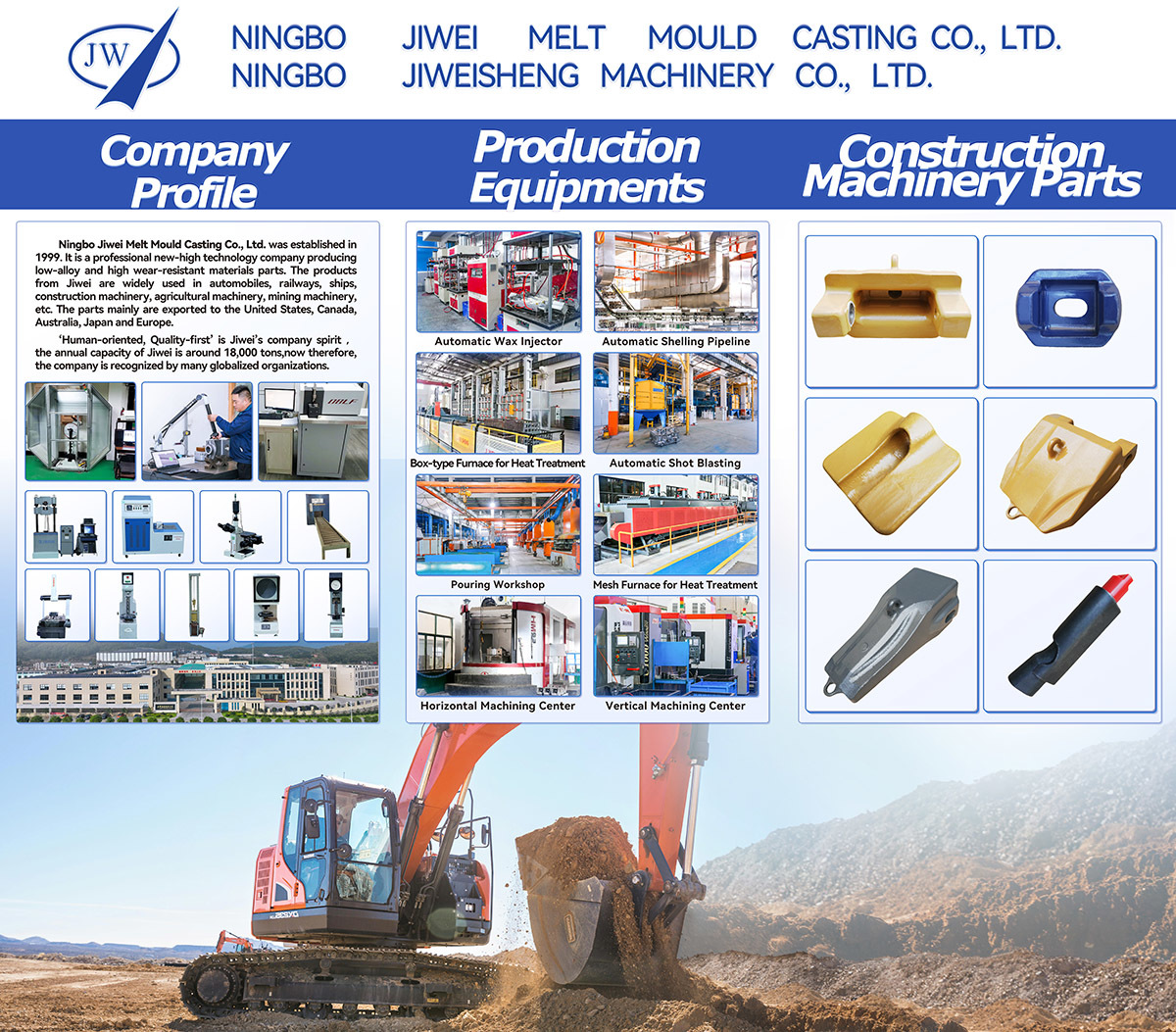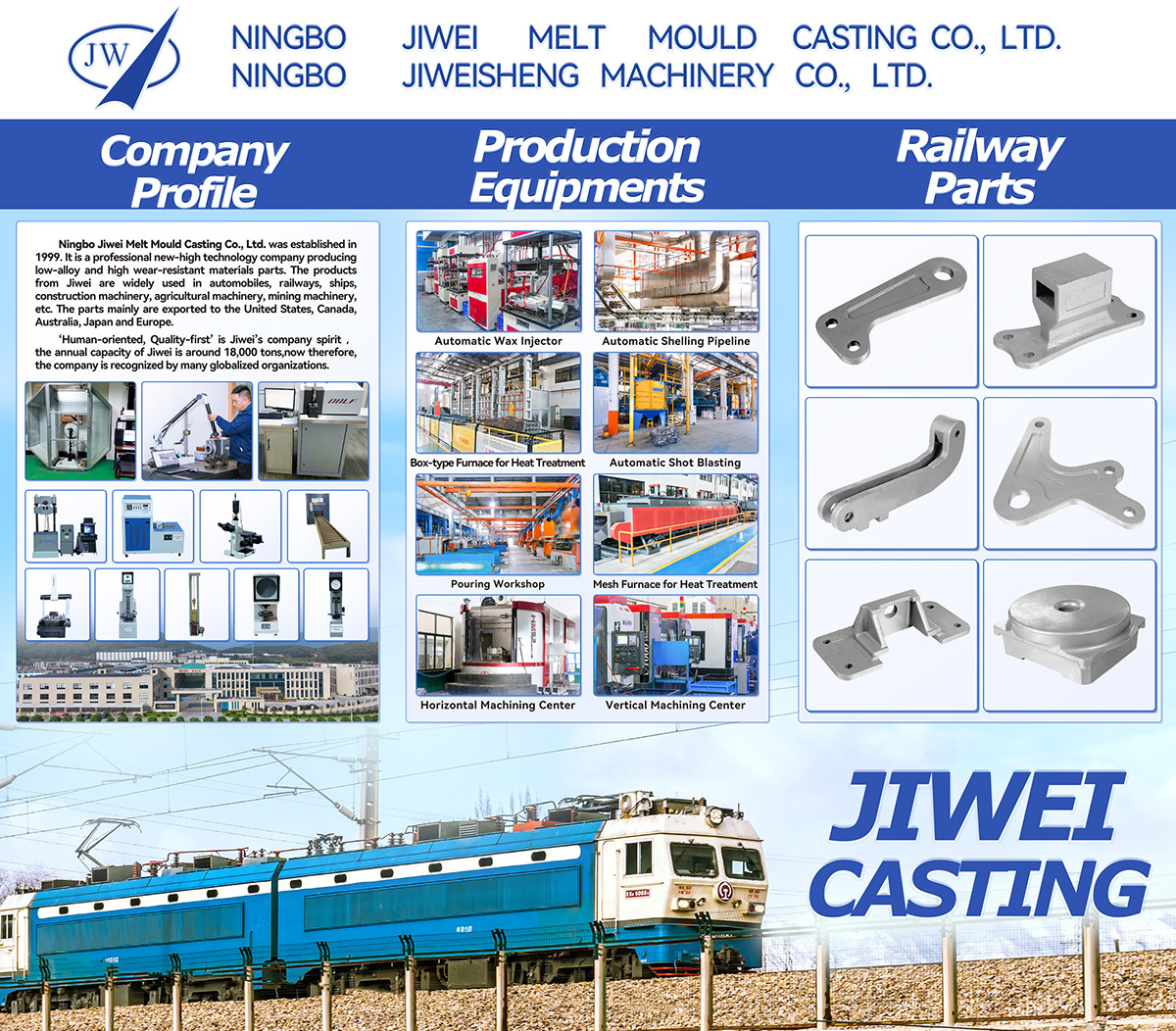18 Aug,2025
Understanding the Role of Steel Gusset Plates in Structural Integrity
Understanding the Role of Steel Gusset Plates in Structural Integrity Table of Contents 1. Introduction to Steel Gusset Plates 2. What are Steel Gusset Plates? 3. Importance of Steel Gusset Plates in Structural Design 4. Applications of Steel Gusset Plates in Construction 5. Benefits of Using Steel Gusset Plates 6. Design Considerations for Steel Gusset Plates 7. Maint
Understanding the Role of Steel Gusset Plates in Structural Integrity
Table of Contents
- 1. Introduction to Steel Gusset Plates
- 2. What are Steel Gusset Plates?
- 3. Importance of Steel Gusset Plates in Structural Design
- 4. Applications of Steel Gusset Plates in Construction
- 5. Benefits of Using Steel Gusset Plates
- 6. Design Considerations for Steel Gusset Plates
- 7. Maintenance and Inspection of Gusset Plates
- 8. Common Issues and Solutions
- 9. Conclusion
- 10. FAQs about Steel Gusset Plates
1. Introduction to Steel Gusset Plates
Steel gusset plates play an essential role in modern construction, significantly contributing to the **structural integrity** of buildings and frameworks. These simple yet powerful components act as critical connectors within a variety of structural applications, enabling engineers and architects to design safer and more durable structures. In this article, we will explore the function, application, and significance of steel gusset plates, providing a comprehensive understanding of their role in construction.
2. What are Steel Gusset Plates?
Steel gusset plates are flat pieces of steel that are typically triangular or rectangular in shape. Used primarily in truss systems, bridges, and frames, these plates serve as connectors that join various structural members, such as beams, columns, and trusses. By transferring loads and forces between these components, gusset plates help to ensure that structures maintain their integrity under various conditions.
3. Importance of Steel Gusset Plates in Structural Design
The significance of steel gusset plates in structural design cannot be overstated. Here are several reasons why they are indispensable:
3.1 Load Distribution
Gusset plates effectively distribute loads across multiple structural elements. By doing so, they prevent localized stress concentrations that could lead to material failure.
3.2 Enhancing Stability
In structures like bridges and tall buildings, stability is paramount. Gusset plates help maintain the overall stability of a structure by providing additional support where needed.
3.3 Simplifying Complex Connections
In complex architectural designs, it’s crucial to create connections that are both effective and efficient. Gusset plates simplify these connections, making them easier to design and construct.
4. Applications of Steel Gusset Plates in Construction
Steel gusset plates are versatile and can be employed in numerous applications within the construction industry:
4.1 Truss Systems
In truss systems, gusset plates serve as pivotal connectors that join the individual components, allowing for the efficient transfer of loads across the entire framework.
4.2 Bridge Construction
Gusset plates are commonly used in bridge construction, particularly in the design of steel bridges where they connect girders and other structural members to ensure durability and strength.
4.3 Building Frames
In multi-story buildings, gusset plates aid in connecting columns and beams, enhancing the overall structural performance and load-bearing capacity.
4.4 Industrial Structures
In industrial settings, steel gusset plates are frequently utilized in the construction of warehouses, factories, and plants, where they contribute to the structural integrity of large open spaces.
5. Benefits of Using Steel Gusset Plates
Incorporating steel gusset plates into structural designs offers numerous benefits:
5.1 Increased Strength
Gusset plates significantly enhance the strength of joints and connections, providing a reliable means of load transfer and enhancing the overall resilience of structures.
5.2 Cost-Effectiveness
By simplifying connections and improving load distribution, gusset plates can reduce the amount of material required in construction, leading to cost savings.
5.3 Design Flexibility
The use of gusset plates allows engineers to achieve design flexibility, enabling innovative architectural solutions without compromising structural integrity.
5.4 Improved Safety
Safety is always a priority in construction. Gusset plates increase the safety of structures by preventing failures caused by improper load distribution and weak connections.
6. Design Considerations for Steel Gusset Plates
When designing steel gusset plates, several key considerations must be taken into account:
6.1 Material Selection
Choosing the right material for gusset plates is crucial. Steel quality, thickness, and finish can significantly impact performance and longevity.
6.2 Load Calculations
Accurate load calculations are essential for determining the size and thickness of gusset plates. Engineers must consider the forces that the plates will encounter throughout the life of the structure.
6.3 Connection Types
Understanding the types of connections (bolted, welded, or riveted) is vital, as each has its pros and cons concerning installation, strength, and maintenance.
7. Maintenance and Inspection of Gusset Plates
To ensure the longevity and effectiveness of steel gusset plates, regular maintenance and inspection are necessary:
7.1 Routine Inspections
Conducting routine inspections can help identify signs of wear, corrosion, or fatigue. Early detection of potential issues can prevent costly repairs down the line.
7.2 Protective Coatings
Applying protective coatings to steel gusset plates can help mitigate the effects of corrosion, extending their lifespan and maintaining structural integrity.
7.3 Addressing Damage Promptly
If any damage is detected during inspections, addressing the issue promptly is crucial to avoid compromising the overall stability of the structure.
8. Common Issues and Solutions
Despite their advantages, steel gusset plates can present certain challenges:
8.1 Corrosion
Corrosion is a common issue for steel components. Utilizing stainless steel or applying protective coatings can mitigate this problem.
8.2 Improper Installation
Improper installation can lead to structural weaknesses. Ensuring that trained professionals conduct the installation is essential for maintaining integrity.
8.3 Load Miscalculations
Load miscalculations can compromise safety. Accurate load analysis and ongoing evaluations are necessary to ensure that gusset plates perform as intended.
9. Conclusion
Steel gusset plates are integral components in the field of construction, playing a crucial role in maintaining structural integrity. Their ability to distribute loads, enhance stability, and simplify complex connections makes them a preferred choice in numerous applications, from bridges to tall buildings. Understanding the design considerations, benefits, and maintenance requirements associated with gusset plates empowers engineers and architects to create safer, more resilient structures.
10. FAQs about Steel Gusset Plates
10.1 What is the primary function of steel gusset plates?
The primary function of steel gusset plates is to act as connectors that join different structural elements, distributing loads and enhancing stability.
10.2 How are steel gusset plates installed?
Steel gusset plates can be installed using various methods, including bolting, welding, or riveting, depending on the specific application and structural requirements.
10.3 What materials are used for steel gusset plates?
Steel gusset plates are typically made from structural steel, but can also utilize stainless steel or other alloys for improved corrosion resistance.
10.4 How do I maintain steel gusset plates?
Regular inspections, protective coatings, and prompt repairs in case of damage are essential for maintaining steel gusset plates.
10.5 Can steel gusset plates be used in seismic applications?
Yes, steel gusset plates are often used in seismic applications to provide additional strength and stability, helping structures withstand earthquake forces effectively.







